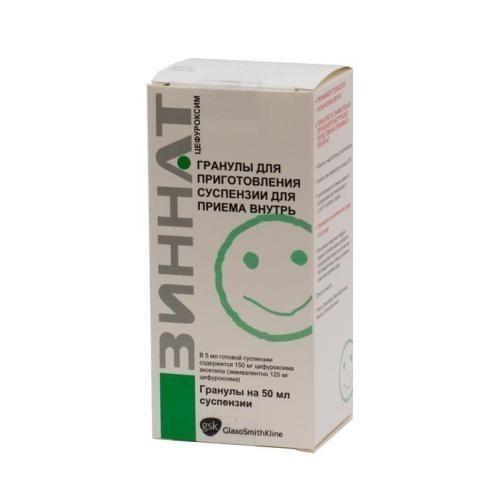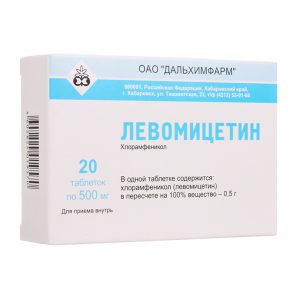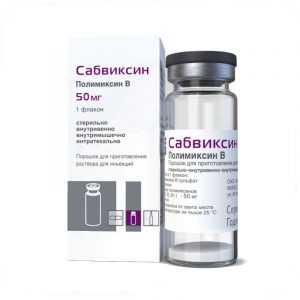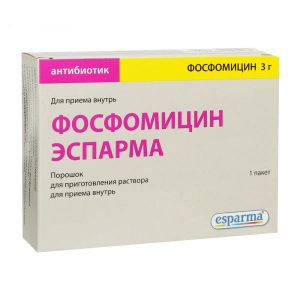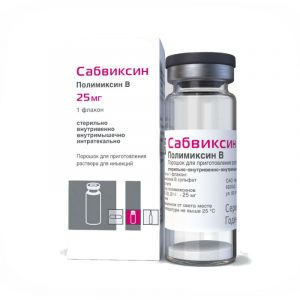Description
Release form
Granules for preparation of suspension for oral administration
Packaging
Bottle for the preparation of 50 ml suspension.
Pharmacological action
Zinnat is a second-generation cephalosporin antibiotic for oral administration. It acts bactericidal, disrupts the synthesis of the bacterial cell wall. It has a wide spectrum of action.
Resistant to most beta-lactamases.
Zinnat is highly active against aerobic gram-positive bacteria: Staphylococcus aureus, Staphylococcus epidermidis (including strains resistant to penicillins and with the exception of rare methicillin-resistant strains), Streptococcus pyogenes, Streptocococcus mucosa (Streptocococcus b) ), Bordetella pertusis of aerobic gram-negative bacteria: Escherichia coli, Klebsiella spp., Proteus mirabilis, Providencia spp., Proteus rettgeri, Haemophilus influenzae (including ampicillin-resistant strains), Haemophilus parainfluenzae, Molecularis resistant gonorrhoeae (including strains producing and not producing penicillinase), Neisseria meningitidis, Salmonella spp. anaerobic gram-positive bacteria: Peptococcus spp., Peptostreptococcus spp., Clostridium spp, Propionibacterium spp. anaerobic gram-negative bacteria: Bacteroides spp, Fusobacterium spp. also active against Borrelia burgdorferi.
To cefuroxime, Clostridium difficile, Pseudomonas spp., Campylobacter spp., Acinetobacter calcoaceticus, Listeria monocytogenes are resistant, methicillin-resistant strains of Staphylococcus aureus, methicillin-resistant strains of Staphylococcus epidermidis, Legionella spp.
In vitro studies have shown that when combining cefuroxime with antibiotics from the aminoglycoside group, an additive effect is observed, and in some cases, synergism.
Indications
Treatment of infectious and inflammatory diseases caused by microorganisms sensitive to the drug:
respiratory tract infections (including acute and chronic bronchitis, infected bronchiectasis, bacterial pneumonia, lung abscess, postoperative chest infections) ear infections
throat, nose (including sinusitis, tonsillitis, pharyngitis, acute otitis media)
infections of the genitourinary system (including acute and chronic pyelonephritis, cystitis, urethritis, asymptomatic bacteriuria)
infection skin and soft tissues (including furunculosis, pyoderma, impetigo)
gonorrhea (including acute uncomplicated gonococcal urethritis and cervicitis)
treatment of Lyme disease at an early stage and subsequent prevention of late manifestations in adults and children over 12 years of age.
Contraindications
Hypersensitivity to the antibiotics of the cephalosporins group.
Use with caution in the first trimester of pregnancy and during lactation.
Special instructions
With prolonged use of Zinnat, increased growth of resistant microorganisms (Candida, Enterococci, Clostridium difficile) is possible, which may require discontinuation of treatment.
When diarrhea develops with antibiotics, including Zinnata it should be borne in mind the possibility of developing pseudomembranous colitis.
During treatment with Zinnat Lyme disease, a Jarish-Gersheimer reaction is sometimes observed. This reaction is a direct consequence of the bactericidal action of Zinnat on the pathogen – spirochete Borrelia burgdorferi. Patients need to be explained that this is a frequent and common, spontaneous consequence of antibiotic Lyme disease treatment.
Dosage and administration of
For children under 12 years of age, the drug can be prescribed in the form of a suspension.
The average dose for most infections is 125 mg (1 scoop of suspension or 1 tablet) 2 times a day.
In severe infections or otitis media in children aged 2 years and older, the average dose is 250 mg 2 times a day.
In infectious diseases of mild to moderate severity, a single dose is set at 10 mg / kg body weight.
The duration of the drug is 5-10 days.
The drug is recommended to be taken after meals.
Side effects of the
From the digestive system: nausea, vomiting, diarrhea, a temporary increase in the activity of liver enzymes (ALT, AST, LDH), jaundice, cases of pseudomembranous colitis are described.
From the hemopoietic system: hemolytic anemia, eosinophilia, neutropenia, thrombocytopenia, leukopenia (sometimes pronounced).
Allergic reactions: skin rash, itching, urticaria, fever, erythema multiforme, Stevens-Johnson syndrome, toxic epidermal necrolysis, serum sickness in isolated cases – anaphylaxis.
From the side of the central nervous system: headache.
Others: Coombs’ positive reaction.
Drug Interactions
Simultaneous administration of cefuroxime and probenecide leads to an increase in AUC of cefuroxime by 50%.
Storage conditions
Store at a temperature not exceeding 25 ° C.
Deystvuyuschee substances
Cefuroxime
Terms and conditions
prescription
dosage form
oral suspension
appointments by month Adult prescription
Indications
From sore throat, From cystitis, From respiratory tract infections, From pharyngitis, From skin infections, From urinary tract infections, From otitis, Bronchitis, From urethritis, From boils , From pyoderma
GlaksoSmitKlyan, United Kingdom
